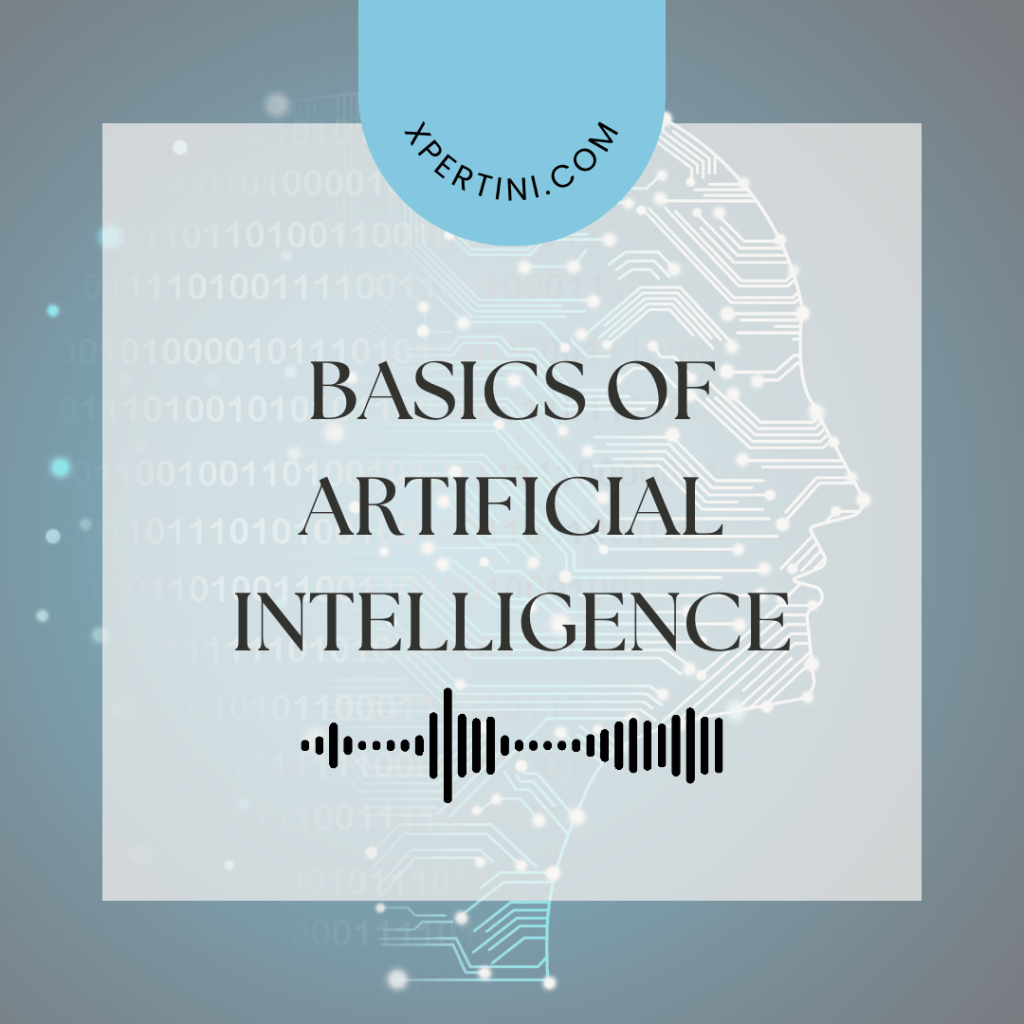Basics of Artificial Intelligence
Course Summary
This comprehensive course in Artificial Intelligence (AI) is tailored for individuals aspiring to delve into this field. Presenting a structured exploration of fundamental concepts, the course navigates through essential topics such as Machine Learning, Neural Networks, Deep Learning, Data Preprocessing, Model Training and Evaluation, Natural Language Processing (NLP), Computer Vision, and Career Opportunities in AI. Emphasizing simplicity and clarity, each lesson distills complex concepts into accessible frameworks and models.
Begin the journey by revealing the foundations of AI, exploring its historical evolution and understanding its core principles. Dive into the diverse world of Machine Learning, distinguishing between supervised and unsupervised learning while uncovering the practical applications shaping industries worldwide. Move seamlessly into the architecture of Neural Networks, deciphering their role in driving AI advancements.
Witness the power of Deep Learning as it revolutionizes various industries, from healthcare to finance, fostering an understanding of its transformative force. Grasp Data Preprocessing, revealing techniques for handling missing data and the importance of normalization in machine learning. Delve into the sequential process of Model Training and Evaluation, acquiring insights into the iterative nature that refines machine learning models.
Start a linguistic exploration with the Introduction to Natural Language Processing (NLP), uncovering its applications in chatbots and virtual assistants. Navigate the complexities of language understanding, acknowledging both challenges and opportunities presented by NLP in enhancing human-machine interaction.
Enter the domain of Computer Vision, where AI processes visual data with adaptability and precision. Explore its applications in healthcare and autonomous vehicles, delving into image recognition and object detection. Concluding the course is a strategic overview of Career Opportunities in AI, mapping out diverse job roles and the requisite skills and qualifications, providing a holistic perspective for aspiring professionals.
This course equips learners with a foundational understanding of AI, preparing them for a journey into a field that continually shapes the future. Its concise yet comprehensive structure ensures an engaging learning experience, fostering conceptual clarity while emphasizing the practical applications of AI across industries.
Course Overview
This course provides a comprehensive introduction to the field of Artificial Intelligence (AI), equipping participants with essential knowledge for a successful career in AI or for those looking to enhance their understanding of this rapidly evolving field. Through a structured curriculum, participants will explore the fundamentals of AI, its historical context, and various subdomains, enabling them to grasp the key concepts and applications shaping the industry today.
Course Objectives
Understand the foundational principles of Artificial Intelligence.
Explore the historical development and evolution of AI.
Gain insights into different types of AI and their applications.
Develop a solid understanding of neural networks and their role in AI.
Comprehend the concepts and significance of deep learning.
Master techniques for data preprocessing in the context of AI.
Learn the process of training and evaluating machine learning models.
Gain an introduction to Natural Language Processing (NLP) and its applications.
Understand the fundamentals of Computer Vision and its role in AI.
Explore career opportunities and pathways in the field of AI.
Course Outcomes
Demonstrate a foundational understanding of key AI concepts.
Appreciate the historical significance and ethical considerations in AI development.
Distinguish between various types of AI and their respective applications.
Apply neural network concepts to address real-world AI challenges.
Identify and discuss the role of deep learning in AI applications.
Demonstrate proficiency in data preprocessing techniques for AI.
Make informed decisions in model training and evaluation processes.
Articulate the principles and applications of Natural Language Processing (NLP).
Understand and apply Computer Vision concepts.
Reflect on and explore diverse career opportunities in the AI field.
Course Audience
Professionals seeking a career transition to AI.
Graduates and undergraduates interested in AI as a field of study.
Managers and decision-makers exploring the applications of AI in their industries.

